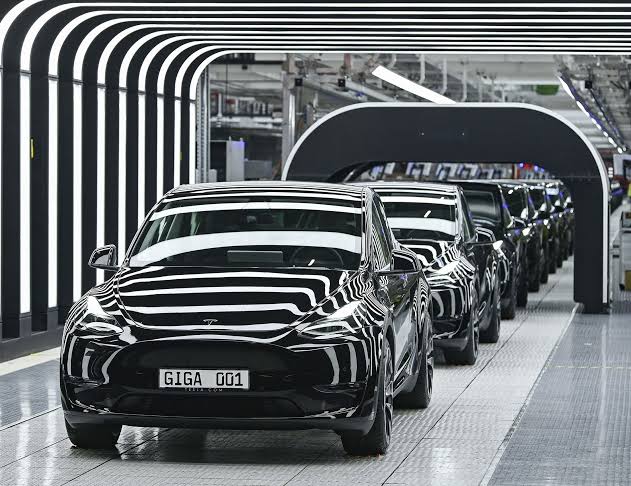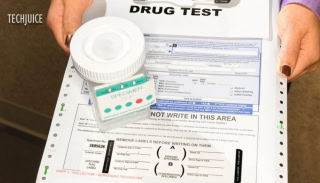The world’s top automakers are planning to double their investments in electric vehicles by 2030. The aim is to develop and produce millions of electric vehicles along with the batteries and raw materials to support that production.
As we all know technology is advancing in every field therefore, automakers are planning to bring electric vehicles in the upcoming years. This year the investments are more than twice compared as the last year’s spending.
According to the reports, the giant automakers estimate that they will produce 54 million Electric Vehicles by the end of the year 2030. However, the given estimate is more than half of the total number of vehicle production.
According to the statistics from Benchmark Mineral Intelligence and the manufacturers. Not only the carmakers but their battery partners are planning to install 5.8 terawatt-hours of battery production capacity by 2030. The plan is to support the unprecedented level of EVs.
Elon Musk, Chief Executive of Tesla announced his aim to create 20 million EVs by 2030. Elon stated in October that Tesla is already working on a smaller vehicle platform. However, Tesla has not revealed all of its plans, a such exponential growth-a 13-fold increase over the estimated 1.5 million vehicles plans to sell this year. This will surely cost hundreds of billions of dollars.
Germany’s Volkswagen, while lagging behind Tesla, has ambitious plans targeting over $ 100 billion to create its own EV portfolio. They intend to create new battery “gigafactories” in North America and Europe and secure supplies of essential raw materials.
Another vehicle giant, Japan’s Toyota Motor Corp is also planning to invest $70 billion to electrify vehicles and produce more batteries. However, they are expected to sell at least 3.5 million battery electric models (BEVs) in 2030.
The company intends to build at least 30 different BEVs and aims to convert the whole Lexus lineup to battery electric throughout that time period.
Ford Motors Corp is another company planning to boost its spending level on new EVs to around $ 50 billion. At least will produce 240-gigawatt hours of battery capacity. The company aims to produce around 3 million BEVs in 2030.
Mercedes Benz has announced at least $ 47 billion for EV development and production. Its global battery capacity will be 200 gigawatts per hour.
BMW, Stellantis and General Motors are also planning to spend at least $ 35 billion on EVs and batteries. The companies are planning to work on producing 400 gigawatts hours of capacity with partners in 2030. Including four plants in North America.
Read more:
-
Tesla Chief, Elon Musk is Under Federal Investigation, Twitter Says in Court Filing
-
Rolls-Royce Joins the Premium Electric Car List debuting ‘The Spectre’













